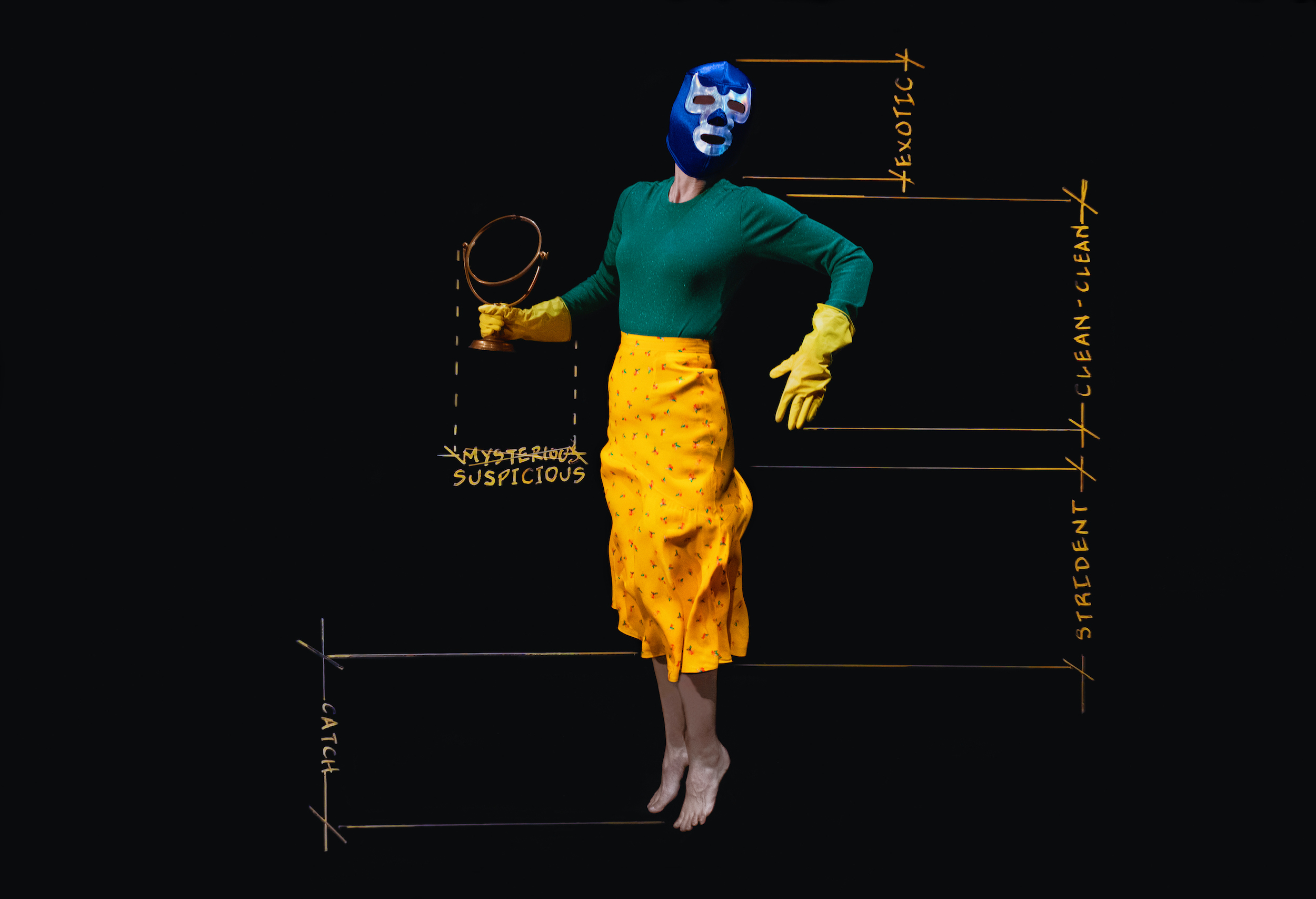Mónica Alcázar-Duarte explores the dangers hidden behind the algorithm
Second Nature. The image has an embedded animation that is accessed via an Augmented Reality application. © MonicaAlcazar-Duarte.
Source:
Hot headed chilli queen. The image has an embedded animation that is accessed via an Augmented Reality app. The title comes from an extract of a story that a folklore dancer related to me while in Merida, Mexico. © MonicaAlcazar-Duarte.
Source:© 2022 - 1854 MEDIA LTD